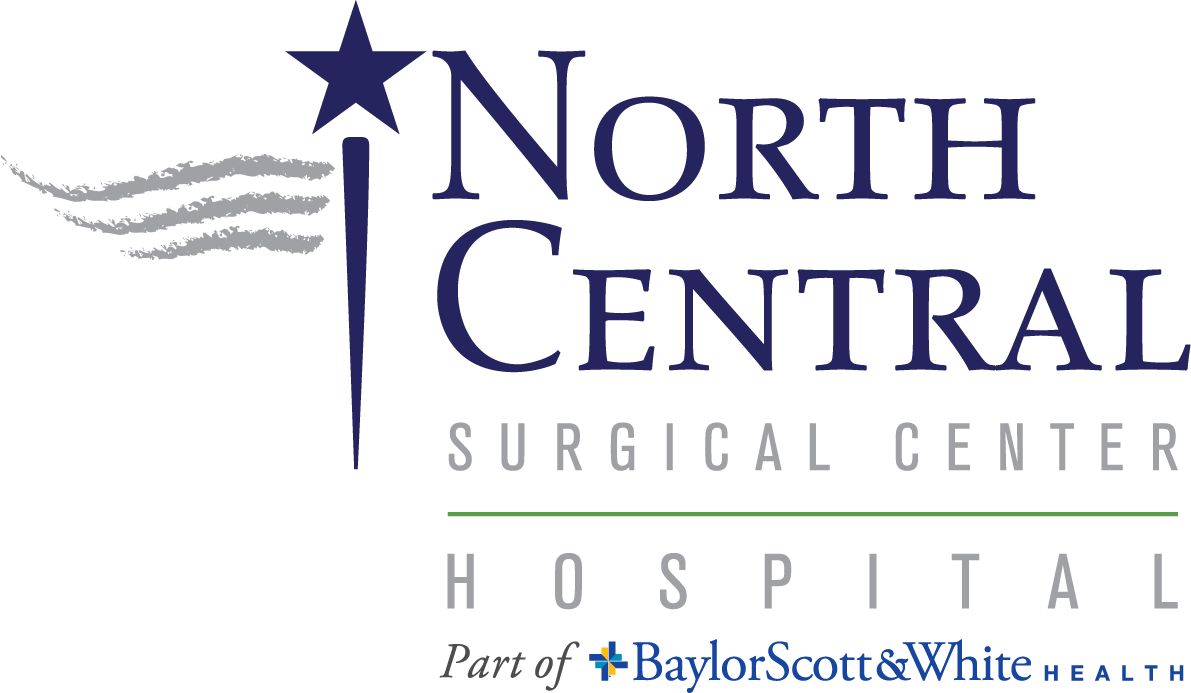All diseases begin in the gut” said Hippocrates (father of modern medicine) a long time ago and modern science confirms that all aspects of health even right down to your mood can be influenced by your gut health.
As food enters through your mouth and exits through the other end of the digestive system, a healthy gut is the selective barrier that prevents harmful substances from entering the body while allowing the absorption of life-sustaining nutrients. An unhealthy intestinal barrier on the other hand can leave you open to infection and disease. Let’s look at some common GI issues and how foods can help control your symptoms:
- Gastroesophageal reflux (GERD): Backing up of stomach acid into your esophagus causing burning pain in the middle of the chest. If the symptoms occur quite frequently, you would need to avoid triggering foods which are usually high-fat foods, citrus fruits, fried and spicy foods. Opt instead for green leafy vegetables, oatmeal, ginger (reduces inflammation), non-citrus fruits, lean meats, and egg whites.
- Irritable bowel syndrome (IBS): Severe bloating and diarrhea or constipation usually triggered by dairy products, caffeine, alcohol, beans, or other gas-producing foods. Following a high-fiber, low-fat diet and probiotics (yogurt) can alleviate the discomfort caused by IBS.
- Celiac Disease: Sensitivity to a type of protein (gluten) found in wheat, barley, and rye that can result in abdominal pain, bloating, vomiting, diarrhea, constipation, and weight loss. Treatment is the complete avoidance of gluten and using alternatives such as brown rice, lentils, quinoa, soy flour, and corn flour.
- Diverticulitis: Outpouching of weak areas of the digestive lining that become inflamed and start bleeding. Symptoms can be controlled to a large extent by eating a high-fiber diet which includes whole grains, vegetables, and legumes.
- Anal fissures: Tiny tears near your anal cavity from straining when you are constipated. A diet rich in fiber will help form bulky stools to prevent constipation.
- Hemorrhoids: Swollen veins in the rectum. About 75% of Americans above 45 have hemorrhoids. They can be painful, itchy, and bleed when moving your bowels. Treatment includes drinking plenty of water, exercising, and a high-fiber diet.
To add to the many benefits mentioned above, food that is good for your gut will also help you fight against heart disease, diabetes, high cholesterol, obesity and many other common conditions. With May being National Digestive Disease Awareness Month, now is a good time to commit to eating a lot more of high-fiber, mood-elevating, gut-cleansing food.
